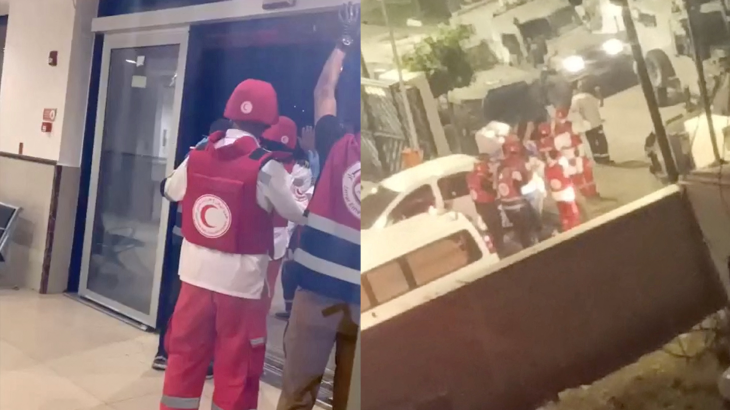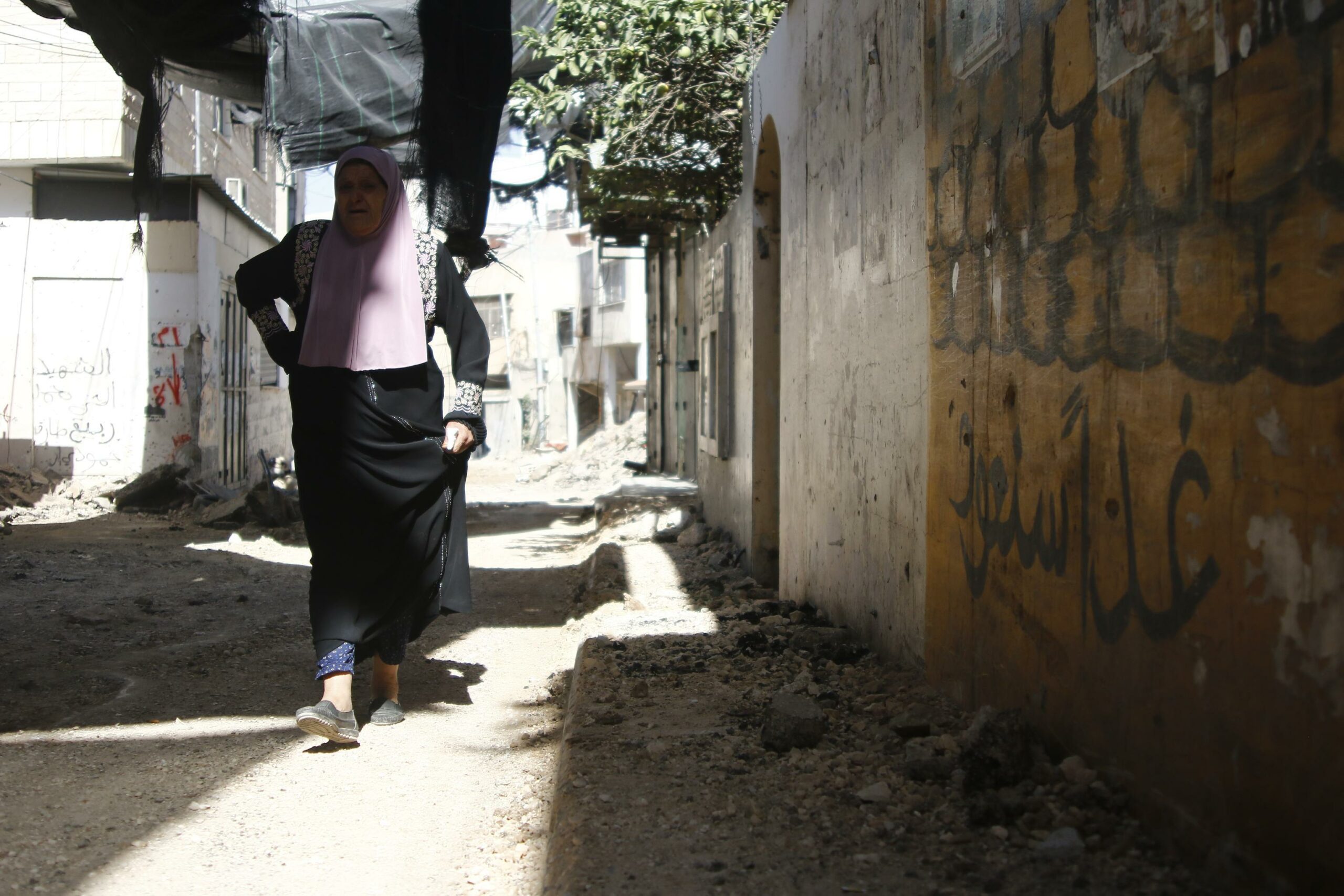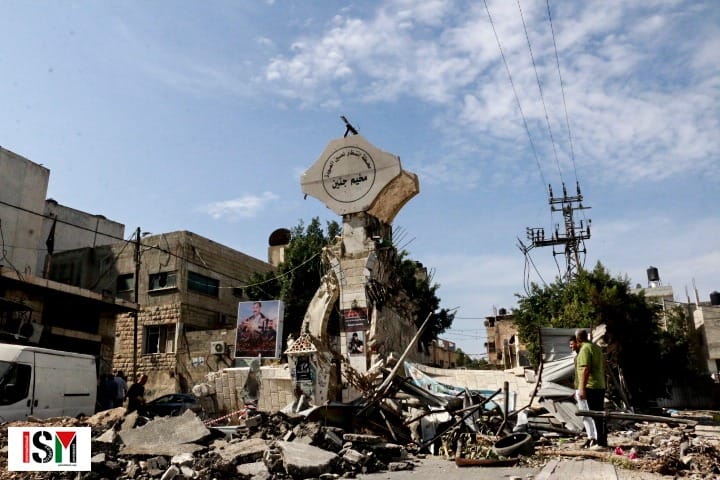Tag: Jenin
-
42 Days Transgressed: Legal Restraints on Life Support from Jenin to Gaza City
17 November 2023 | International Solidarity Movement | Jenin, Gaza Through the war riddled lens of Palestinian journalists’ reports and social media posts, we have watched the crossing of an invisible line. As an American nurse doing human rights monitoring work in the occupied West Bank, I woke today to see the lens focused on…
-
The Israeli occupation commits new massacres in Jenin Camp, killing 15 Palestinians
10 November 2023 | International Solidarity Movement | Jenin By Diana Khwaelid On Thursday morning Nov. 10th 2023, the Israeli occupation forces stormed the Jenin refugee camp in the northern West Bank. A military operation that lasted 24 hours was carried out by the Israeli Occupation Forces in the Jenin camp with the aim of…
-
Israeli forces bulldoze Jenin monument in deadly night raid
1 November 2023 | Jenin | International Solidarity Movement By Diana Khwaelid On Sunday, October 29, a huge column of military vehicles stormed the city of Jenin in an overnight raid, killing four Palestinians, and destroying a monument for Jenin’s martyrs. Israeli soldiers invaded the city’s Jenin camp at 12.30am, accompanied by an armed…



